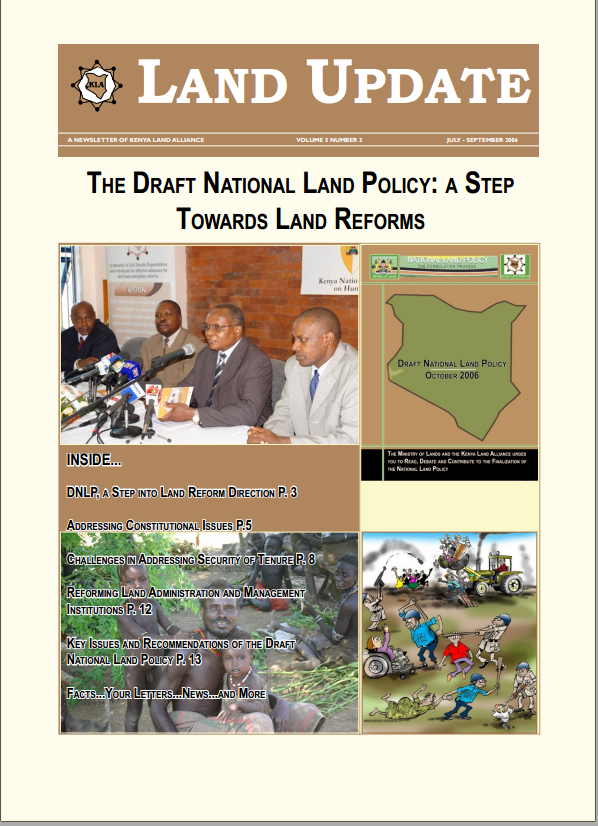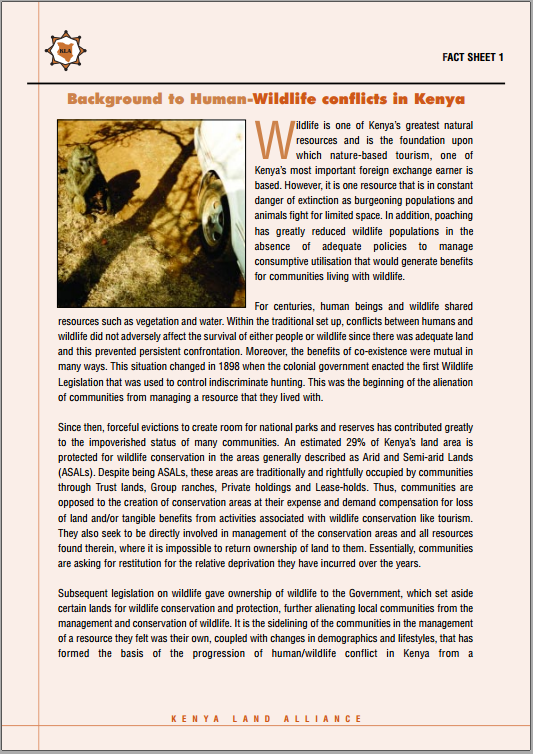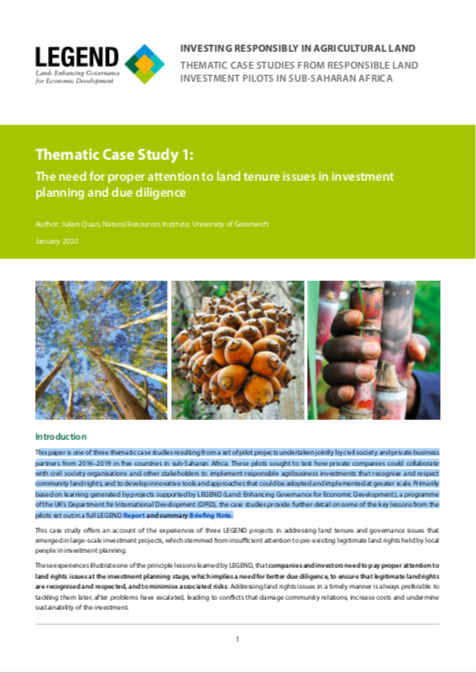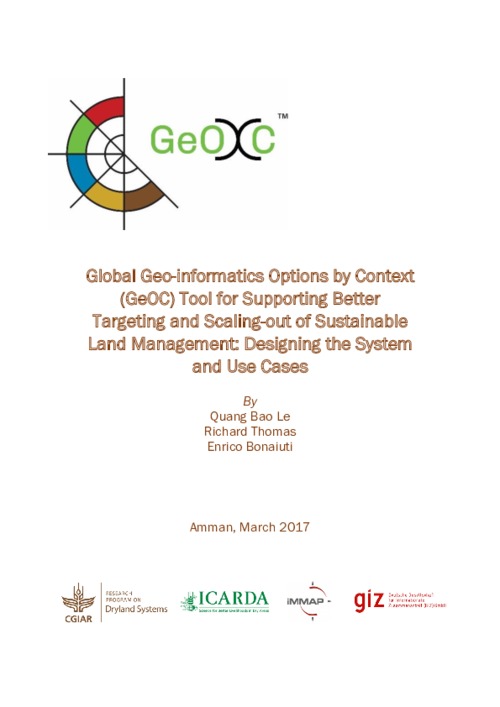Relevance of the World Social Forum to the Kenyan Situation
The World Social Forum in Nairobi in January 2007 was a timely New Year rallying event for Kenyans to revisit the fundamental principles for building a democratic and sustainable society as we prepare for December 2007 elections.The current organizing principles of the institutions that govern us in Kenya are narrow and serve the few at the expense of the many millions of Kenyans that live in abject poverty. Yet, from all corners of the country it is acknowledged that it is within our collective ability to create a healthy and sustainable society that serves and work for all








